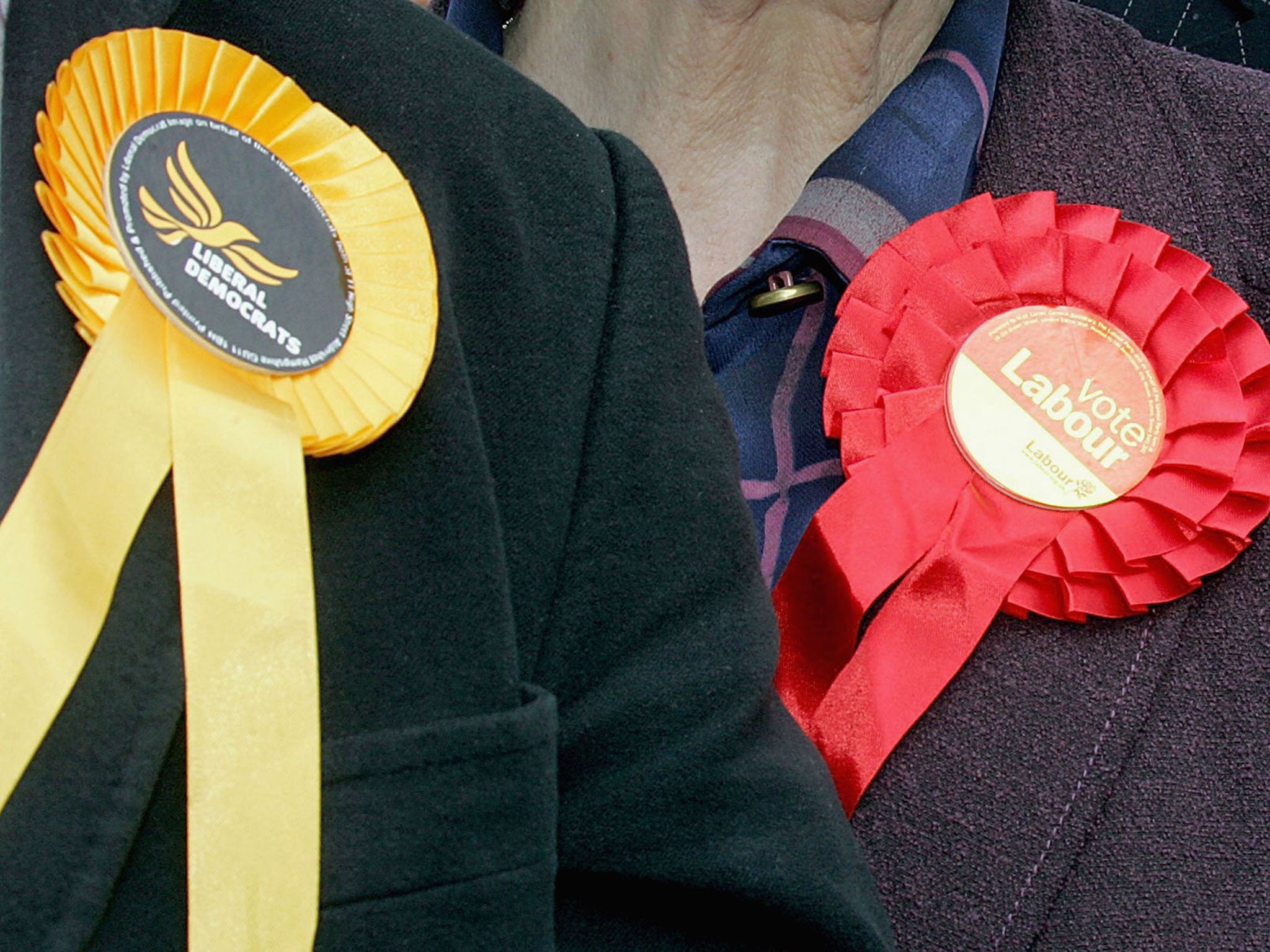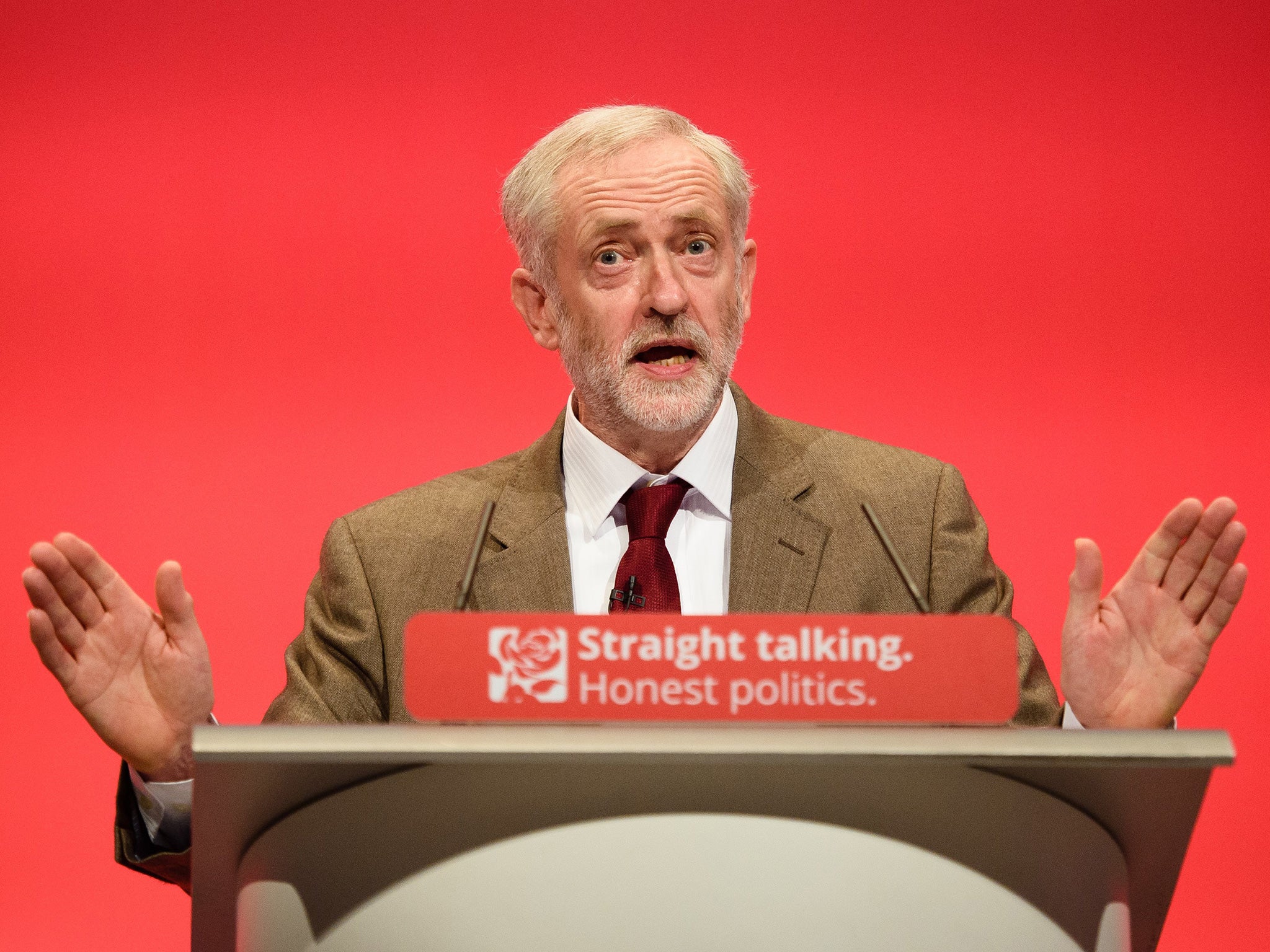Britain could be more left-wing than people assume, study finds
Professor Paul Webb: 'Our findings appear to show that we may be a more left-wing bunch than we commonly perceive'

The centre ground of British politics could be further to the left than generally thought, according to new research.
Surveys on political party membership were carried out in the wake of last year’s General Election by researchers at the University of Sussex and Queen Mary University of London.
A study into the responses of a cross-section of voters who declared a strong allegiance to the Conservatives, Labour, Greens, Liberal Democrats, SNP and UKIP, suggested that many are more left-wing than they believe themselves to be.
The participants were asked to place themselves, the party they support, and the other five parties on an ideological scale from zero (very left-wing) to 10 (very right-wing) – regarded by the researchers as its ‘subjective’ measure.
The same cohort were then asked direct, ideologically-charged questions to enable the researchers to build up a more ‘objective’ picture of their underlying political attitudes.
As part of this second measure, participants were asked whether they agreed or disagreed with the statements: “Government should redistribute income from the better-off to those who are less well-off, big business benefits owners at the expense of workers, ordinary people do not get their fair share of the nation’s wealth, there is one law for the rich and one for the poor, management will always try to get the better of employees if it gets the chance.”
The results of the study showed a mismatch between the more ‘objective’ measures and the subjective answers given by the participants, according to the researchers.

Loyal Conservative supporters located their party at 7.82 on the left-right spectrum and placed themselves at 7.53.
But the more objective measure suggested that their political leanings were only just right of centre, producing a score of 5.08.
The study showed this pattern was consistent across the six parties.
UKIP supporters saw themselves as closer to the centre ground (6.77) than their party as a whole (7.28), while the researchers measured them as being considerably left of centre (2.62).
Professor Paul Webb, professor of politics at the University of Sussex, one of the study’s researchers, said: “While our findings appear to show that we may be a more left-wing bunch than we commonly perceive, some of this could be down to the questions we asked to obtain our ‘objective’ score.
“Although we used a standard measure, it only satisfactorily taps into the economic rather than the social dimension of political ideology.”
In the majority of cases, the parties’ strongest supporters saw themselves not as more radical or extreme than the parties they support but as more centrist.
The exception to this was for the Labour party, whose supporters – polled before last summer’s leadership election – saw themselves as considerably more left-wing than the party as a whole, something the researchers believe may help to explain Jeremy Corbyn’s election as its leader.
Professor Webb added: “Political commentators often refer to winning the battle for the centre ground as the holy grail for election campaigns, but our study shows just how difficult it is to determine exactly where this is and what it looks like.
“Perhaps that is why, for so many politicians, it proves so elusive.”
A leaked internal report into why Labour lost the 2015 General Election did not find that Ed Miliband’s policies were too left-wing, it was reported yesterday.
“Some of the 'left-wing policies' were the most popular [and] individual policies polled well - the issue was the lack of consistent, cohesive narrative,” it said, citing the mansion tax as a vote winner.
Join our commenting forum
Join thought-provoking conversations, follow other Independent readers and see their replies
Comments
Bookmark popover
Removed from bookmarks